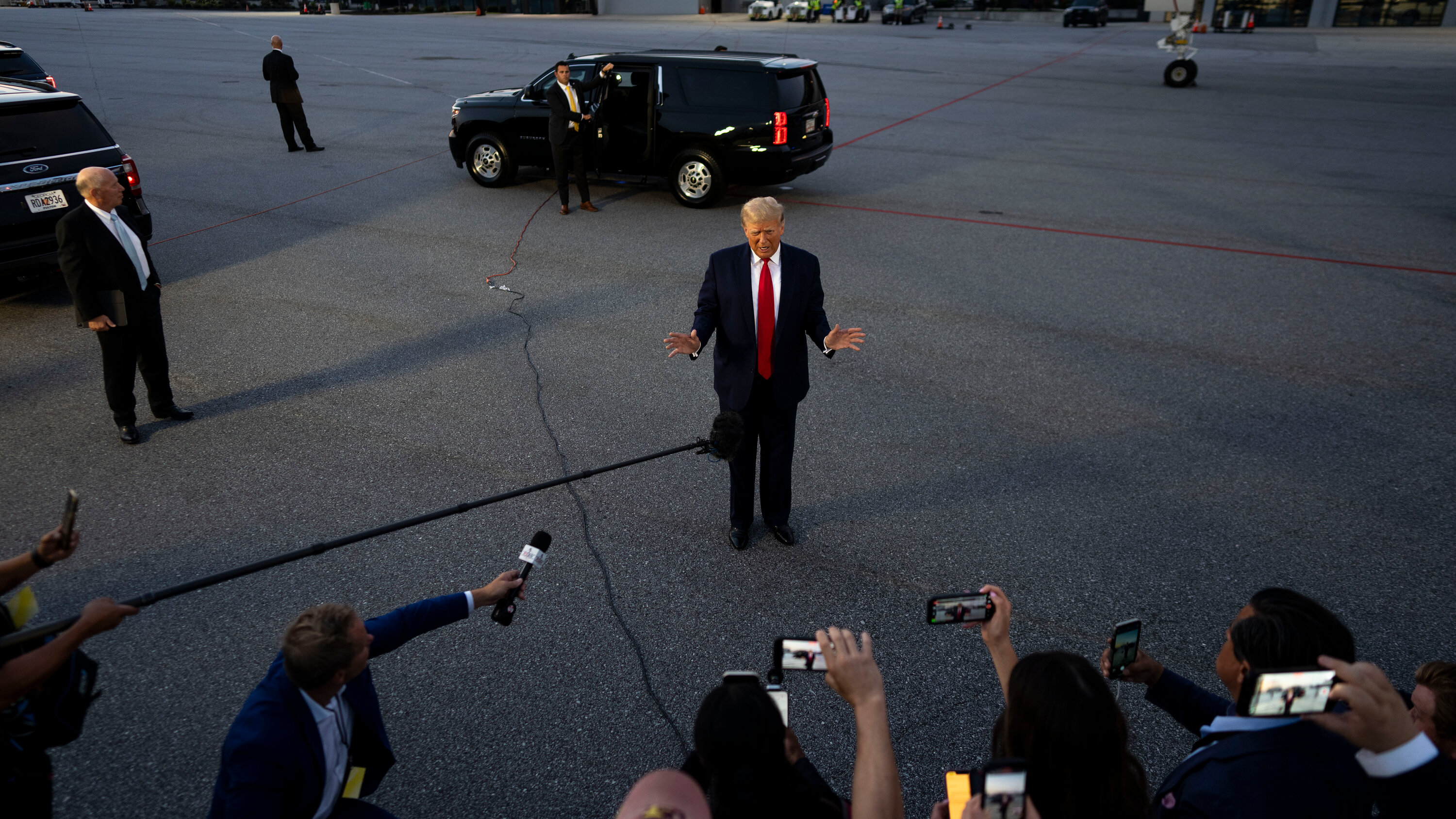The question of who shot Donald Trump is one that has sparked numerous debates, theories, and discussions. As a public figure and former President of the United States, Trump has been at the center of various controversies, making the topic even more intriguing. In this article, we will dissect the events surrounding this incident, explore the implications, and provide insights into the broader context of political violence in America.
Understanding the circumstances that led to this question requires delving into both the past and present political landscape. This article will provide a comprehensive overview, exploring the key players involved, the motivations behind potential threats, and the impact on society. With a focus on providing factual information, we aim to clarify misconceptions and present a balanced view of the situation.
As we navigate through this sensitive topic, it is crucial to approach it with the seriousness it deserves. The implications of violence against political figures are profound, affecting not only the individuals involved but also the democratic process and public trust. Join us as we explore the intricacies of this significant issue and what it means for the future of political discourse in America.
Table of Contents
- 1. Background of Donald Trump
- 2. The Incident: What Happened?
- 3. Key Figures Involved
- 4. Motives Behind Political Violence
- 5. The Aftermath and Public Reaction
- 6. Legal Implications
- 7. Lessons Learned
- 8. Conclusion
1. Background of Donald Trump
Donald John Trump, born on June 14, 1946, is a businessman, television personality, and politician who served as the 45th President of the United States from January 20, 2017, to January 20, 2021. Before entering politics, he was known for his real estate empire and as the host of the reality TV show "The Apprentice."
| Personal Information | Details |
|---|---|
| Name | Donald John Trump |
| Date of Birth | June 14, 1946 |
| Occupation | Businessman, Politician, Television Personality |
| Presidency | January 20, 2017 - January 20, 2021 |
2. The Incident: What Happened?
The question of who shot Donald Trump refers to hypothetical scenarios rather than an actual event. While there have been threats made against Trump throughout his career, particularly during his presidency, there has not been a documented incident of him being shot. However, discussions about threats against him often arise, especially in light of increasing political polarization in the United States.
2.1 Public Threats and Security Measures
During his presidency, Trump faced numerous threats which prompted heightened security measures. The Secret Service has been responsible for ensuring the safety of the President, implementing various protocols to mitigate risks.
2.2 The Role of Social Media
Social media has played a significant role in amplifying threats against public figures. The ease of spreading information and misinformation has led to a more volatile environment, where threats can surface and escalate quickly.
3. Key Figures Involved
The discussion surrounding threats to Trump involves several key figures, including political opponents, extremist groups, and other public personalities. Understanding their motivations and actions is essential to grasp the broader context of this issue.
- Political Opponents: Many of Trump's political rivals have faced backlash and threats from his supporters.
- Extremist Groups: Various extremist groups have targeted Trump, either in support or opposition to his policies.
- Law Enforcement: The role of law enforcement agencies in protecting Trump and investigating threats has been critical.
4. Motives Behind Political Violence
Understanding the motives behind political violence is crucial to addressing the issue effectively. Several factors contribute to the rise of politically motivated violence in the United States.
4.1 Ideological Extremism
Many acts of violence stem from radical ideologies, where individuals or groups feel justified in their actions based on their beliefs.
4.2 Political Polarization
The increasing divide between political factions has led to heightened tensions and a willingness among some to resort to violence to make a point.
5. The Aftermath and Public Reaction
The public reaction to threats against Trump has been mixed, with some expressing outrage and concern, while others may dismiss the seriousness of these threats. The media plays a significant role in shaping public perception and response.
- Media Coverage: The way media outlets report on threats can influence public opinion.
- Public Discourse: Conversations surrounding political violence have grown more prevalent, indicating a need for serious discussion.
6. Legal Implications
Political violence carries significant legal implications, not only for the individuals directly involved but also for the broader community. Laws regarding threats, harassment, and violence against public officials are stringent.
6.1 Consequences for Perpetrators
Individuals found guilty of making threats against public figures can face severe legal consequences, including imprisonment.
6.2 Impact on Political Climate
Political violence can lead to a chilling effect on public discourse, with individuals feeling hesitant to express their views due to fear of retaliation.
7. Lessons Learned
The events surrounding threats against Trump highlight the need for a proactive approach to addressing political violence. Lessons learned can inform policies and practices aimed at preventing such incidents in the future.
- Promoting Civil Discourse: Encouraging respectful dialogue among differing viewpoints can reduce tensions.
- Strengthening Security Protocols: Ongoing evaluation and improvement of security measures for public figures is essential.
8. Conclusion
In conclusion, while the question "Who shot Donald Trump?" may not refer to a specific event, it opens up a critical discussion about threats to political figures and the implications of political violence. Understanding the background, motivations, and aftermath of such threats is vital for fostering a safer political environment. We encourage readers to reflect on the importance of political discourse and to engage in conversations that promote understanding and respect.
We invite you to share your thoughts on this topic in the comments below. If you found this article informative, please consider sharing it with others or exploring more articles on our site.
Thank you for reading, and we hope to see you back here for more insightful discussions!



